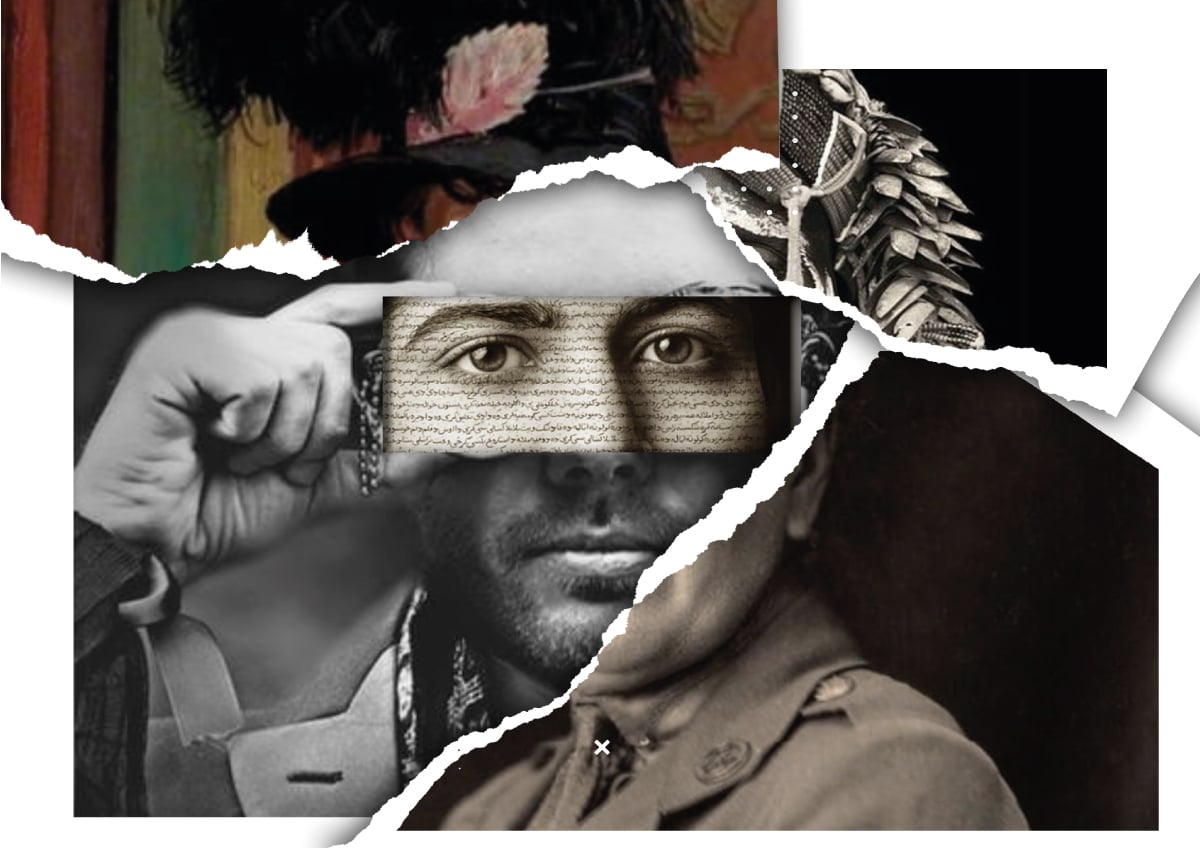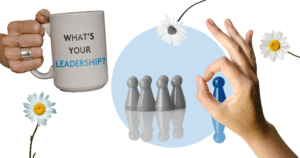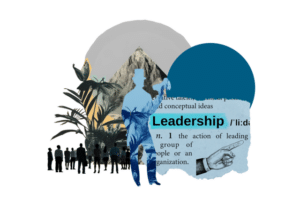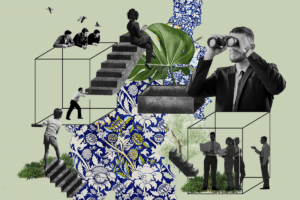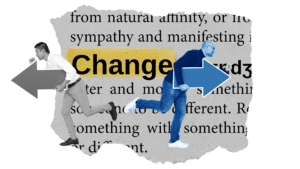In a world where there is increasingly less room for what is not goal-oriented, how do we best foster creativity? What does innovation mean at the organization level and also individually, considering that there is always a real person that is the actual ‘force’ to unleash creativity in our working environment? To answer these questions, we can borrow from the art world the reinvention concept: starting from ourselves and who we are, we can discover ourselves as truly creative and productive through an introspective process.
Time Magazine has appointed Gitanjali Rao, a fifteen-year-old girl from Colorado, “2020 kid of the year” for her extremely precocious abilities. Indeed, passionate about science and technology, she invented an app that uses artificial intelligence to detect cyberbullying and a device that can detect lead in water.
Time Magazine has made a choice according to criteria that has very little to do with childhood. Therefore, Gitanjali, although undoubtedly deserving recognition and to be taken as a positive example, does not seem a well fitting source of inspiration, especially for her peers.
Starting from this consideration, we can make a parallel with the management world. Here’s a typical headline from an HR and Business magazine: “The 10 skills a manager requires in 2021”. What follows is an unrealistic list of skills that are feasible only for superman or wonder woman. Furthermore, companies create increasingly sophisticated internal competence frameworks, which outline how to perform every role masterfully. All this is used to assess the suitability of an individual for a new position, to estimate talents’ potential or to justify the annual bonus. The latter is, indeed, also the reason why we aspire to fit the listed criteria. Unfortunately, all this is often far from being viable in terms of behaviors in the real working environment.
From being human to acting human
We live in a world where we are surrounded by models of perfection, like the child prodigy chosen by Time magazine, and we believe that achieving those same levels of perfection will lead to our happiness and fulfillment. We are constantly pushed to improve, however we often do it in the wrong way, aspiring to something that does not represent us. We chase unrealistic or unsustainable and, therefore, unhealthy ideals, that lead us to distort ourselves. This leads, inevitably, to a feeling of inadequateness.
Persisting this way often equals the consequence of burnout, the condition of chronic stress generated by these working and existential conditions, in which everything is organized according to internally predefined imposed categories that don’t allow for self-expression, but rather lead to its repression.
In this exhausting race for our constant self-improvement, we are always busy doing, and thus we forget to be.
Activating creativity
Innovation and change are what is needed in an ever-changing world, though it appears difficult in these conditions: constant enactment makes it hard to be creative.
In a world where there is less and less room for what is not goal-oriented, where our vital energy is dispersed among the many things to do and the expectations to meet, how can we still be creative and productive?
What is required is a radical change in perspective: it is not us who are inadequate, but it is rather the models we pursue that are not suited to us. Instead of starting from the outside, we can start from ourselves, from who we are and what we can do. From a managerial point of view, it means listening to yourself, to your colleagues, and focusing on what is happening and what they and I need right now. It means patiently observing your own story and identifying what is valuable in your own professional and personal path. In his famous book “Managing Yourself”, Peter Drucker wrote that the majority of people do not really know their place in society until they are in their mid-twenties. The three questions that need to be addressed are: “What are my points of strength?”, “How do I perform?” and “What are my values?” I believe that today there are no fixed answers to these questions, yet it is our reflection of these questions that will generate more useful fitting answers.
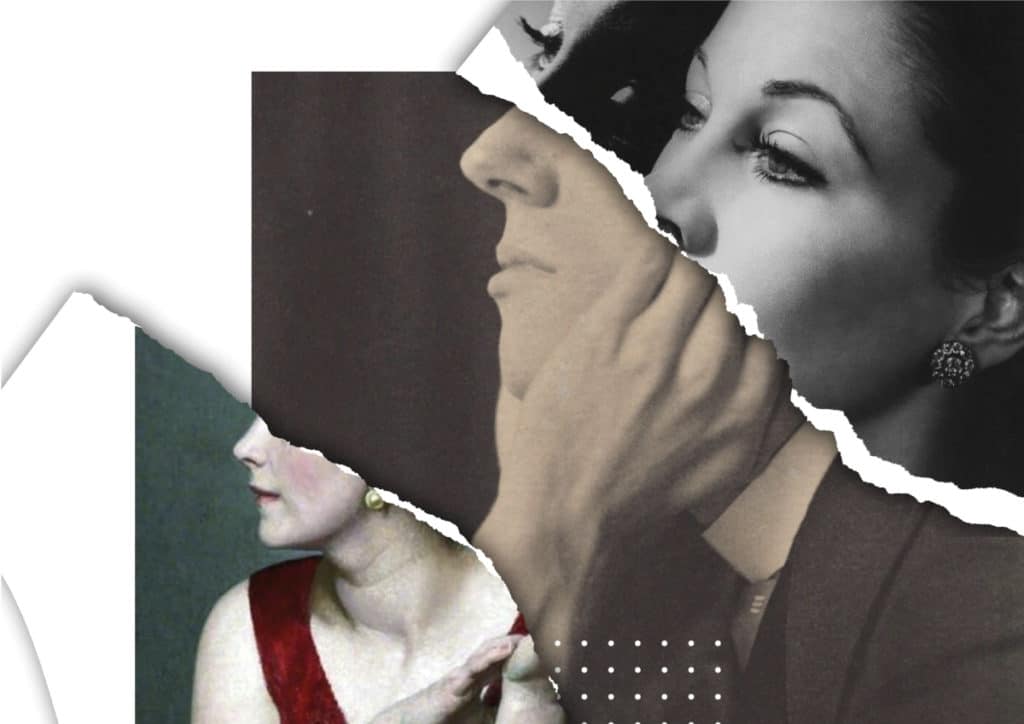
Self recreation
Borrowing the ‘reinvention’ concept from the art world and applying it to ourselves we assume the behavior of the artist who reuses other people’s work, or some elements of it, giving it a new interpretation. Thus, creating a new outcome, a new version different from the previous one with its own meaning and value. Similarly, we can discover and build a new version of ourselves as individuals, teams, and organizations, by asking ourselves what we can do and how we can do it better in these ever changing conditions. Remembering, most importantly, to ask ourselves who we want to be at this moment and time.
From my Business Coach observation point of view, I see that in many organizations, to unleash innovation, people need to find a new centredness, a harmonious balance out of the relentless race. It is necessary to stop and ask ourselves: “What parts of me should I activate now?”. It is necessary to look inside ourselves, listen and think. Take your time, make space, and find your personal way to be part of the change.
There is no such thing as a recipe to live. And there is no vademecum for the omnipotent manager. What exists is only a long path with challenging times and times of inspiration and fulfilment in which we learn to be ourselves and allow our people to do the same, to best be able to change and adapt to external conditions.

